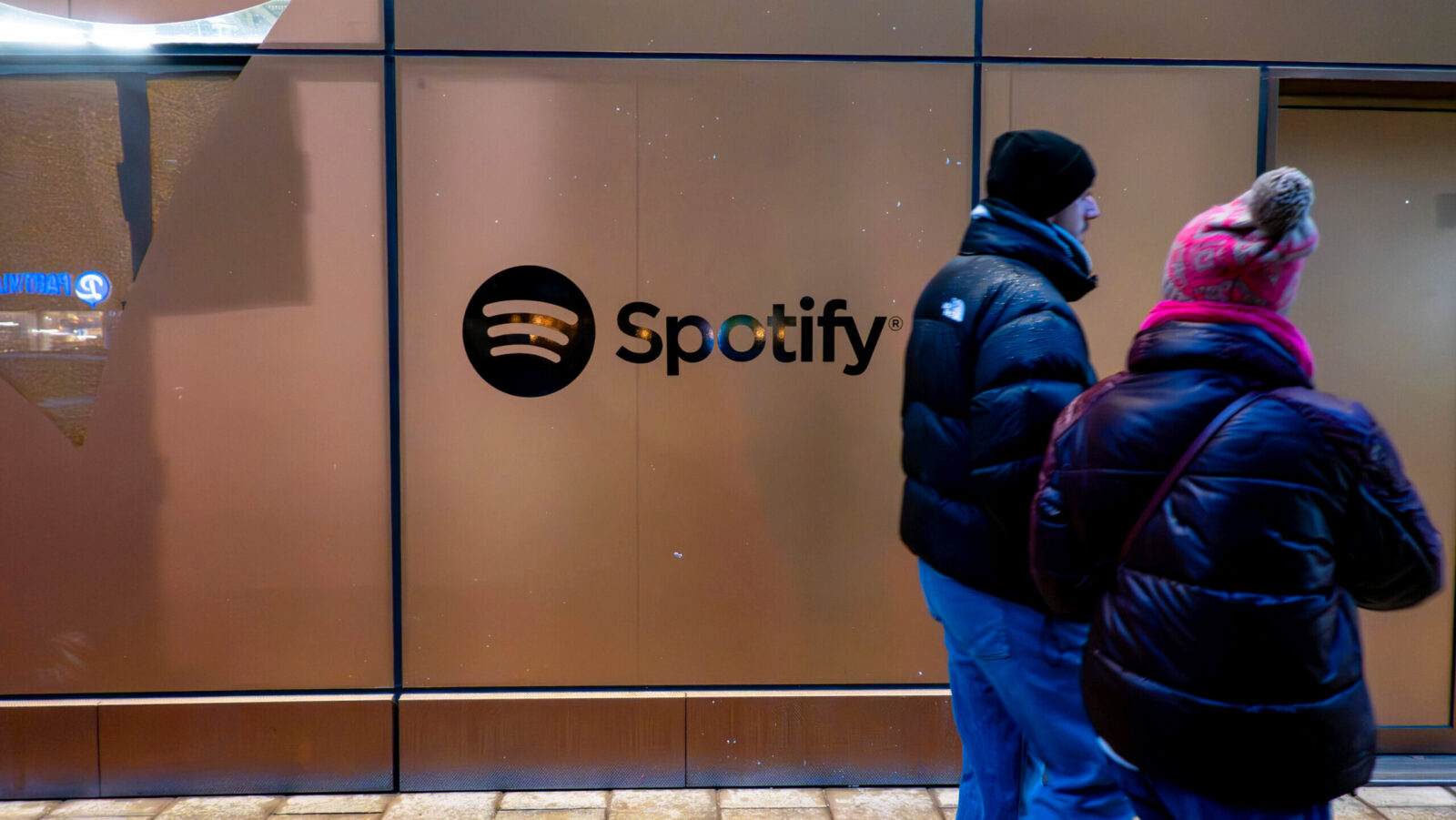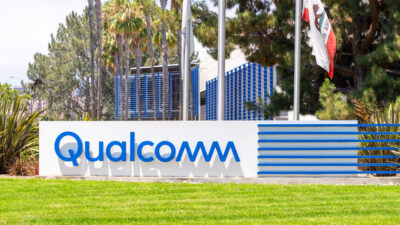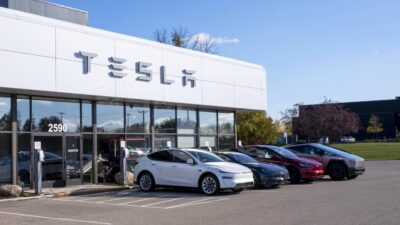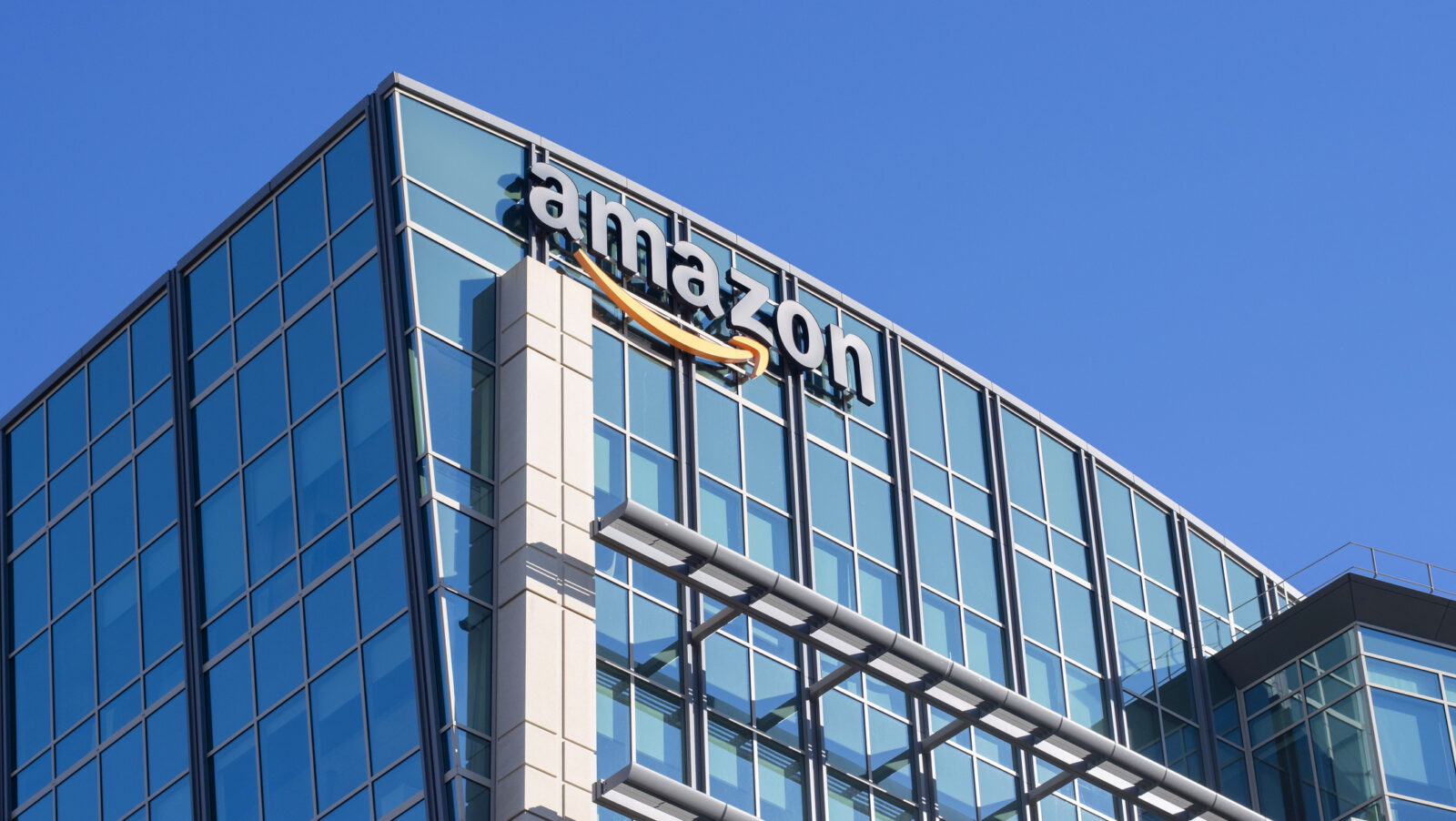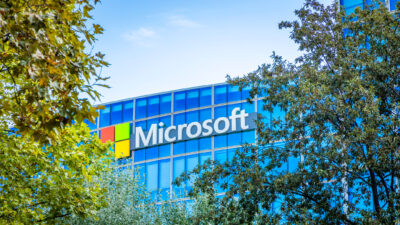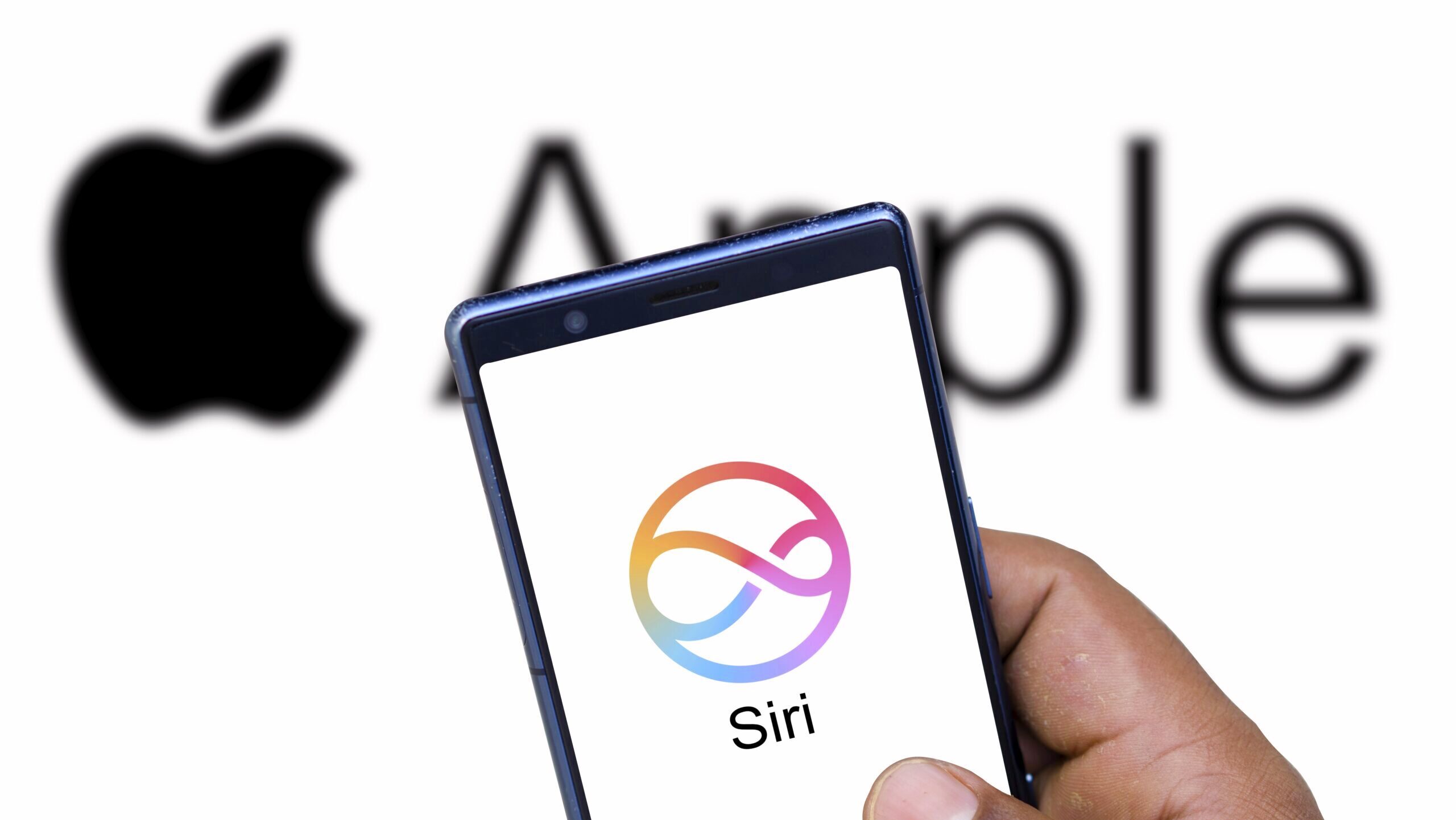
Sign up for smart news, insights, and analysis on the biggest financial stories of the day.
Why buy when you can just lease?
That’s been Apple’s philosophy in the great AI buildup. Case in point: The iPhone-maker is nearing a deal to pay roughly $1 billion per year to use Google’s Gemini AI model to power an upgrade of Siri, due to launch sometime next spring, according to a Bloomberg report last week. It’s just the latest example of Apple largely (and perhaps wisely) sitting out the great AI CapEx boom that has defined its Big Tech brethren so far this year.
Typical Gemini
The Cupertino, California-based tech giant seems to be enjoying life on the periphery of what increasingly looks like a bubble. For example, at The Wall Street Journal’s Tech Live event last week, OpenAI CFO Sarah Friar said the company could rely on the federal government to “backstop” its trillion-dollar infrastructure expansion, a comment that triggered a steep selloff in AI-focused megacap tech companies. OpenAI quickly retracted it.
Shares of AI chipmaker Nvidia plummeted nearly 10% from Monday through Friday, and shares of Meta fell over 5%, while Apple dropped less than 1%. It might be a sign that the company’s comparatively ultra-low AI investments have made it a little less exposed to unfortunate extemporaneous statements of industry executives:
- In its fourth-quarter earnings report in October, Apple reported about $12.7 billion in capital expenditures through the entire 2025 fiscal year, up about 35% from the year earlier. Analysts expect that could increase to $14.3 billion in fiscal 2026, according to FactSet data.
- Meta last month said its capex reached $9.2 billion in the third quarter alone and projected full-year capex of around $70 billion. Google expects capital expenditures of around $90 billion this year, while analysts expect Microsoft’s fiscal 2026 capex to reach $100 billion.
Just Go With The Free Flow: In lieu of massive data center investments, Apple is experiencing strong free cash flow, which is manifesting in strong share buybacks. In its last quarter, the company repurchased $20 billion worth of stock, and $91 billion overall in fiscal 2025, roughly on par with the year before. Meta, by comparison, completed just $3 billion in its most recent quarter, down from $8 billion in the same quarter a year ago.
